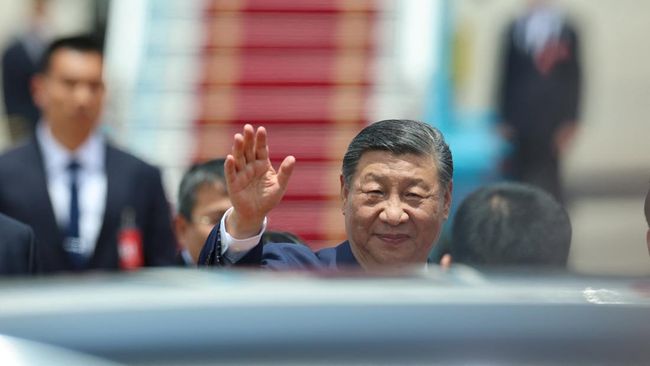In a bold move that’s sending shockwaves across the tech industry, Chinese President Xi Jinping has issued a directive that is dramatically reshaping the nation’s e-commerce sector. From regulatory tightening to platform restructuring, China’s digital marketplace is undergoing one of the most significant overhauls in its history.
But what exactly has changed—and why does it matter on a global scale?
The Directive That Changed Everything
President Xi’s order is part of a broader strategy to “standardize, regulate, and guide the healthy development of the digital economy.” In recent months, Beijing has rolled out a series of policies aimed at curbing monopolistic practices, protecting consumer rights, and promoting fair competition within the tech industry.
These changes have forced major e-commerce players like Alibaba, JD.com, and Pinduoduo to adjust not just their strategies—but also their business models.
The message is clear: growth is no longer enough. Sustainability, responsibility, and transparency are now the cornerstones of doing business in China’s digital world.
Major Reforms That Are Already in Motion
Following Xi’s directive, multiple reforms have been swiftly implemented:
- Antitrust regulations now strictly prohibit exclusive contracts that once dominated online retail.
- Algorithm transparency laws require platforms to disclose how their recommendation engines work.
- Data privacy rules demand better protection of user information, aligning with global standards like GDPR.
- Livestreaming and influencer marketing are now under tighter control to prevent misleading promotions and fake product reviews.
These sweeping changes have disrupted the old playbook—but they’ve also created space for new players and innovations to rise.
Impact on China’s Tech Giants
Naturally, the giants of China’s e-commerce ecosystem have felt the pressure. Alibaba, once the untouchable king of online retail, has seen its market cap shrink as it adapts to the new regulatory climate. JD.com has begun diversifying its services, focusing more on logistics and tech development rather than pure sales.
Interestingly, smaller platforms and niche players have started to gain traction, thanks to the more level playing field. The era of unchecked dominance appears to be ending, replaced by a more balanced ecosystem.
Why This Matters to Global Markets
China’s e-commerce sector is not just big—it’s the largest in the world, influencing global supply chains, tech trends, and investment flows. Therefore, any major policy shift in Beijing sends ripples far beyond its borders.
Investors are watching closely. Brands that rely on Chinese platforms to reach consumers are reassessing their strategies. Meanwhile, regulators in other countries are taking notes—possibly inspired to adopt similar frameworks.
Conclusion: A New Era for E-Commerce in China
Xi Jinping’s latest mandate isn’t just a temporary policy change—it’s the start of a new digital era in China. One that values equity over exploitation, innovation over imitation, and governance over growth-at-any-cost.
As the dust settles, one thing is clear: China’s e-commerce is evolving fast—and the world is watching.








